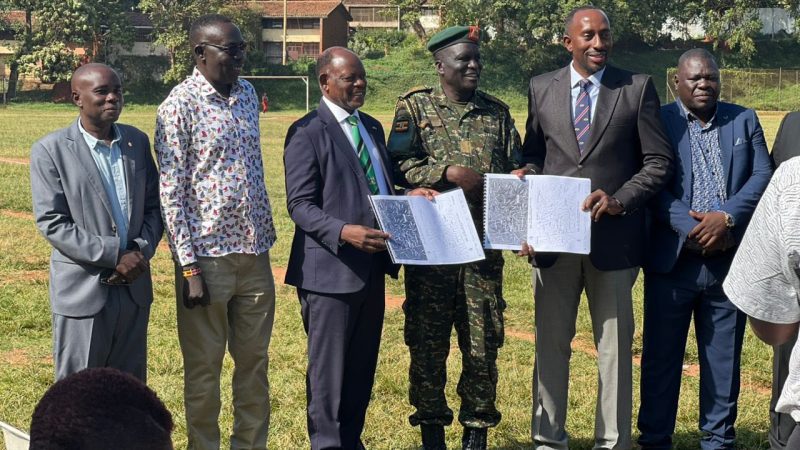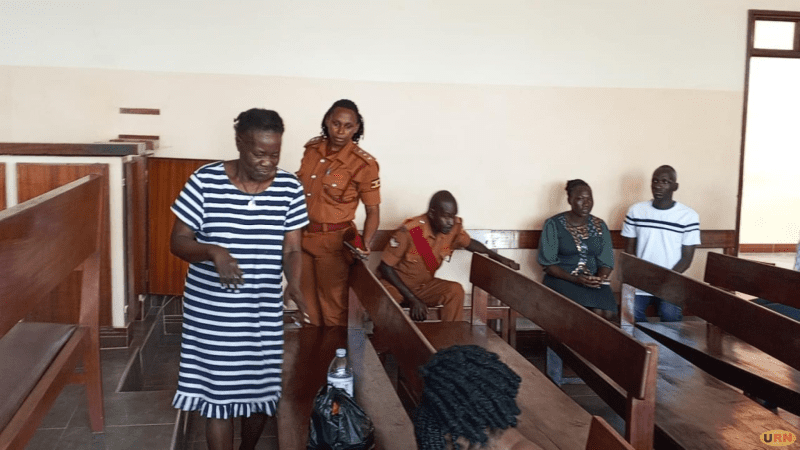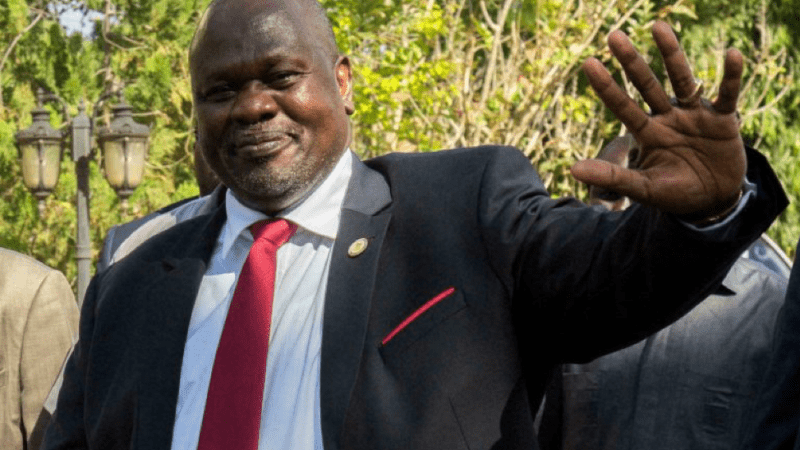52% of South Sudanese girls are married before their 18th birthday with the young nation having the lowest secondary school enrollment rate world over, Human Rights Watch (HRW) said on the Day of the African Child.
The U.S-based rights body said more than 49 million of pregnant and married adolescent girls in sub-Saharan Africa are denied their education because of discriminatory policies and practices, adding that 31 million of them out of secondary education, undermining their rights and limiting their opportunities.
In sub-Saharan Africa, 40% of girls marry before 18, and African countries account for 15 of the 20 countries with the highest rates of child marriage globally. The region also has the world’s highest prevalence of adolescent pregnancies. In 14 sub-Saharan countries, between 30 and 51 percent of girls give birth before they are 18.
“In South Sudan, 52 percent of girls marry before their 18th birthday. According to UNESCO [United Nations Education, Scientific and Cultural Organization], over 1.3 million primary-school-age children are out of school, and the country has the world’s lowest secondary school enrollment rate, at four percent,” HRW said.
Citing two South Sudanese girls forced to marry against their wishes, the report highlighted poverty and cultural practices that undermine girl child education in the East African country.
“My father refused me to go to school. He said it is a waste of money to educate a girl. He said marriage will bring me respect in the community. Now I have grown up and I know that this is not true. I cannot get work to support my children and I see girls who have some education can get jobs,” HRW quoted a South Sudanese young woman, Mary K., of Yambio County, Western Equatoria as saying.
Anyier D., a 18 year-old South Sudan woman, said that her uncles forced her to leave school at 14 in 2008 to marry an old man she did not know.
“I would wish to return to school even if I have children. People think that I am happy but I am not because I don’t have an education. I don’t have something of my own and I am only cleaning offices. If I had gone to secondary school, I would get a good job,” HRW quoted Anyier as saying.








